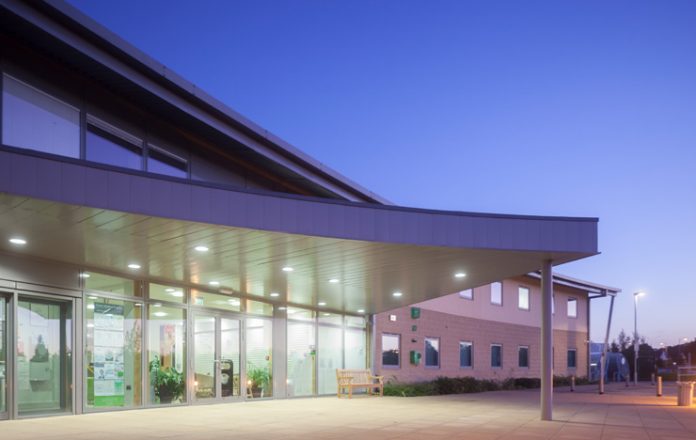Assura Group Plc has announced ‘robust’ results for the year ended 31 March 2019 and consolidated its position as the leading player in the increasingly competitive primary market with the acquisition of GPI.
CEO Jonathan Murphy said the acquisition of the London-based primary care property developer had added £92m to its extended pipeline, taking it to £292m.
‘GPI is a quality business and had been a leading primary care developer for 25 years. Its experienced team and strong pipeline will be a real addition to Assura. [It gives us] the strongest pipeline in our history and reinforces our position as market leaders,’ he added.
The specialist healthcare REIT is facing a tougher market rival following the all-share merger of PHP and MedicX earlier this year. Nevertheless, Murphy said Assura was well positioned, with strong financials and an established reputation among its NHS customers.
The value of Assura’s property portfolio grew by 14.2% to just shy of £2bn, primarily due to the addition of 57 properties totalling £240m. Robust revenue growth, economies of scale and portfolio optimisation pushed pre-tax profit up by 17% to £84m.
In turn, the burgeoning portfolio helped grow rent roll by 13% to £102.7m. Rental growth from settled rent reviews was up 2.2%. Nevertheless, the majority of rent review are on an open market basis and grew by 1.1% – a figure which although unremarkable was up from 0.7% the previous year and could be the green shoots of momentum.
Murphy acknowledged that recent inflation in land and construction costs was still not being fully reflected in passing rents due to the historic lack of new scheme approvals. However, he said the Group was confident in rental growth prospects over the medium term as new development activity continued to pick up.
In addition, he said solid underlying fundamentals along with the specialist nature of the market, which acts as ‘natural barrier’ to entry, continued to produce strong risk adjusted returns.
EPRA earnings increased 27.6% to £63.8m, reflecting a combination of 19% growth in net rent income and a reduction in EPRA cost ratio from 13% to 12.5%. EPRA earnings per share increased by 8% to 2.7p as did dividend per share, which edged up from 2.455p to 2.65p this time around.
Group finance director Jane Cottam said: ‘We are in an enviable position with long-term, government-backed income, the low volatility of our sector, quality of our tenant covenants and the strength of our returns.’
In July, the Group was assigned an investment grade rating of A- by Fitch Ratings and subsequently successfully executed a £300m public bond, which has been deployed in full.
Net debt stood at £667.8m at the year-end against £460.4m the previous year, increasing Assura’s LTV from 26% to 34%. The Group said this was likely to continue to increase in the short term as it drew down on available facilities to fund its pipeline of development opportunities and acquisitions.
Looking ahead, Murphy said: ‘We have a health service with an energetic strategy for the future, additional revenue funding, and real drive for integration of services and adoption of new technologies. What it lacks, however, is the capital investment strategy to match; in due course the Spending Review will set out the government’s contribution to the NHS’s long-term capital needs, but other solutions will be needed to reach the significant level of investment required. We’re ready to play our part; demonstrated by our acquisition of primary care developer, GPI – strengthening our development capability, growing our pipeline and reinforcing our market position. Our goal of creating outstanding spaces for health services in our communities is our vision for the future, accommodating the transition towards more services in primary care, more specialist treatments in communities, general practice at scale and the growth of social prescribing.
‘As the government continues to approve healthcare schemes, we continue to solidify our position as a partner of choice to the NHS and play a key role in providing high quality primary care facilities to reduce the pressure on the NHS.’








 ©2024 All rights reserved LaingBuisson
©2024 All rights reserved LaingBuisson 

